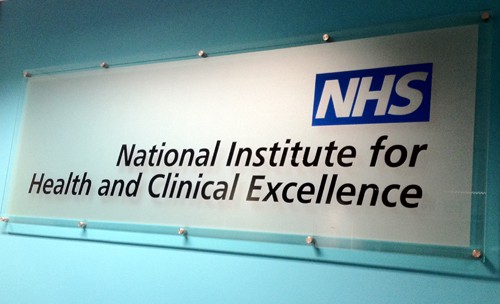
Celgene has scored a positive recommendation from England’s cost-effectiveness watchdog NICE for Revlimid in follicular lymphoma, chalking up another indication for the blockbuster treatment.
Revlimid (lenalidomide) has been recommended for use with Roche’s MabThera (rituximab) – also known as R2 regimen – for the treatment of adult patients with previously-treated grade 1 to 3A follicular lymphoma.
Follicular lymphoma is the most common type of low-grade non-Hodgkin’s lymphoma, and despite having a median overall survival rate of over 15 years, patients are prone to relapse and the disease is currently incurable.
According to Celgene, this approval opens the treatment up to over 600 patients in England, who were previously limited to clinical trials or palliative care.
The drug was approved for routine use on the NHS, a process which can take up to 90 days following the release of the draft guidance.
However, Revlimid will become immediately accessible with interim funding provided via the Cancer Drugs Fund, until the final guidance is published and the funding switches to routine commissioning budgets.
“Lenalidomide is a new type of targeted cancer therapy for people with previously treated follicular lymphoma. It not only offers patients a chemotherapy-free treatment option, but it also benefits those whose disease has become resistant to chemotherapy or rituximab,” said Meindert Boysen, director of the Centre for Health Technology Evaluation at NICE.
“Lenalidomide fights cancer cells in a different way to current treatments which should help reduce resistance and improve disease outcomes,” he added.
Celgene won European Commission approval for this Revlimid treatment regimen in follicular lymphoma back in December, on the back of results from its phase 3 AUGMENT study.
Revlimid plus MabThera demonstrated a median progression-free survival rate of 39.4 months compared to 13.8 months for patients treated with MabThera-placebo.
The approval came only a short time after Bristol-Myers Squibb completed its $74bn acquisition of Celgene.
Although the addition of Revlimid to BMS’ portfolio will likely reap impressive sales, thanks to the drug’s blockbuster status, the drug is heading to the edge of a patent cliff – with patent protection lasting only until 2022.
While the drug brought in almost $1.3bn in the fourth quarter of 2019, BMS’ executive vice president and chief financial officer acknowledged that continued growth into 2022 “will be at a moderated growth rate due to the generic competition for Revlimid”.
Revlimid is already approved for use in a host of additional blood cancer indications – most notably multiple myeloma, where it is approved for use in several therapy combinations.




